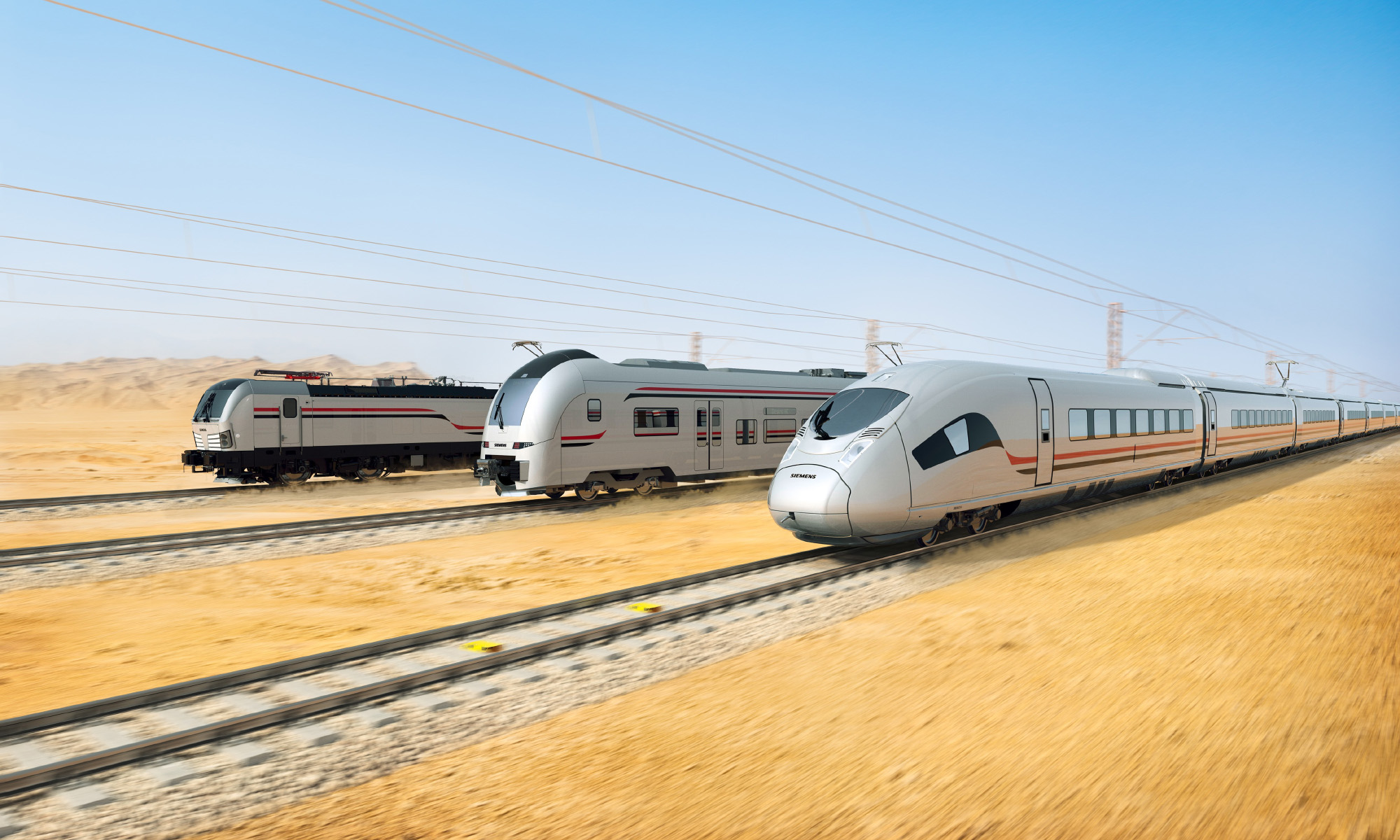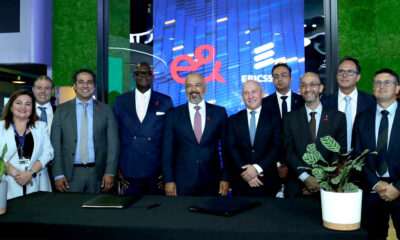News
Egypt Secures $345 Million For Electric Railway Project
The ambitious new project will link Ain Sokhna on the Red Sea to Marsa Matrouh and Alexandria on the Mediterranean.

Over the past few years, Egypt has been investing in multiple road, river, and rail projects in a bid to reduce its environmental impact. The Islamic Development Bank recently approved $344.5 million of funding to finance Phase I of the Electric Express Train Project. The massive civil engineering construction will benefit 25 million people annually and decrease CO2 emissions by approximately 250,000 tons per year.
According to a press release, Ain Sokhna on the Red Sea, Marsa Matrouh and Alexandria on the Mediterranean will be linked by a 660 km track.
Also Read: A Guide To Digital Payment Methods In The Middle East
“The transformative projects approved in this board meeting will have a significant impact on improving transportation, education, and energy, as well as promoting regional economic integration and addressing emergencies,” says Muhammad Al-Jasser, president and board chairman of IsDB.
The electric train will connect all of Egypt’s governorates and comprise three lines, each with 60 stations and a total of 2,000 km of track. The first line will stop at 22 locations from Ain Sukhna to Hadayek October, Alexandria, El Alamein, and Marsa Matrouh.
News
Rabbit Expands Hyperlocal Delivery Service In Saudi Arabia
The e-commerce startup is aiming to tap into the Kingdom’s underdeveloped e-grocery sector with a tech-first, locally rooted strategy.

Rabbit, an Egyptian-born hyperlocal e-commerce startup, is expanding into the Saudi Arabian market, setting its sights on delivering 20 million items across major cities by 2026.
The company, founded in 2021, is already operational in the Kingdom, with its regional headquarters now open in Riyadh and an established network of strategically located fulfillment centers — commonly known as “dark stores” — across the capital.
The timing is strategic: Saudi Arabia’s online grocery transactions currently sit at 1.3%, notably behind the UAE (5.3%) and the United States (4.8%). With the Kingdom’s food and grocery market estimated at $60 billion, even a modest increase in online adoption could create a multi-billion-dollar opportunity.
Rabbit also sees a clear alignment between its business goals and Saudi Arabia’s Vision 2030, which aims to boost retail sector innovation, support small and medium-sized enterprises, attract foreign investment, and develop a robust digital economy.
The company’s e-commerce model is based on speed and efficiency. Delivery of anything from groceries and snacks to cosmetics and household staples is promised in 20 minutes or less, facilitated by a tightly optimized logistics system — a crucial component in a sector where profit margins and delivery expectations are razor-thin.
Despite the challenges, Rabbit has already found its stride in Egypt. In just over three years, the app has been used by 1.4 million customers to deliver more than 40 million items. Revenue has surged, growing more than eightfold in the past two years alone.
Also Read: Top E-Commerce Websites In The Middle East In 2025
CEO and Co-Founder Ahmad Yousry commented: “We are delighted to announce Rabbit’s expansion into the Kingdom. We pride ourselves on being a hyperlocal company, bringing our bleeding-edge tech and experience to transform the grocery shopping experience for Saudi households, and delivering the best products – especially local favorites, in just 20 minutes”.
The company’s growth strategy avoids the pitfalls of over-reliance on aggressive discounting. Instead, Rabbit leans on operational efficiency, customer retention, and smart scaling. The approach is paying off, having already attracted major investment from the likes of Lorax Capital Partners, Global Ventures, Raed Ventures, and Beltone Venture Capital, alongside earlier investors such as Global Founders Capital, Goodwater Capital, and Hub71.


























